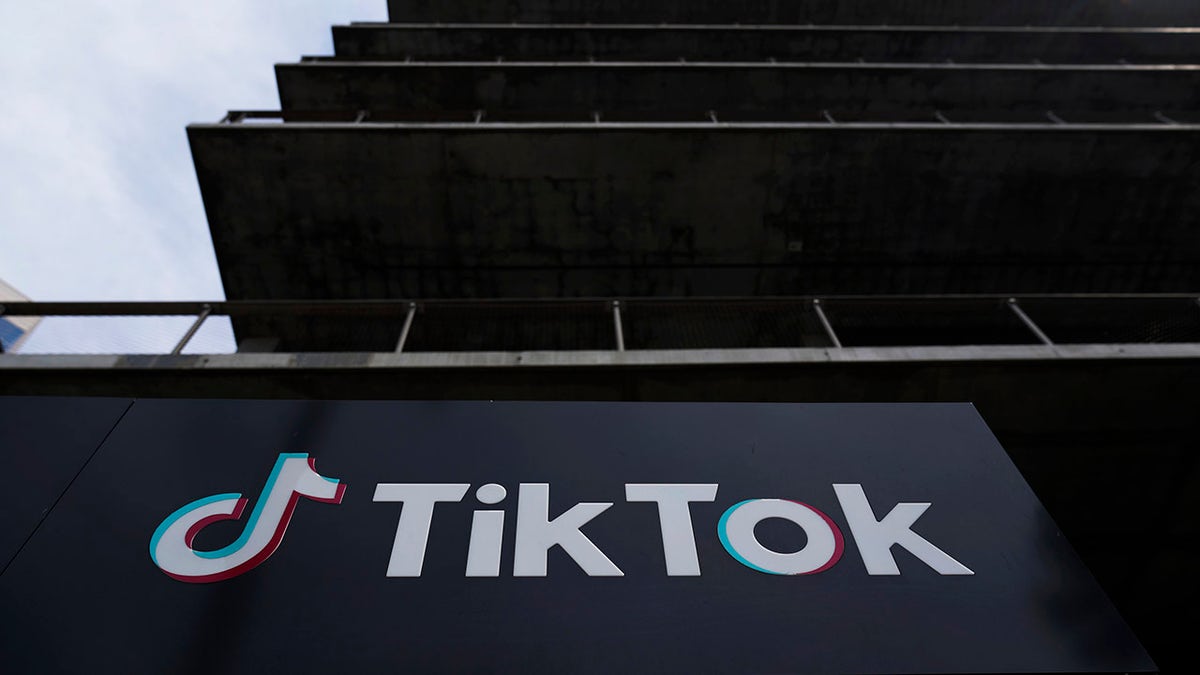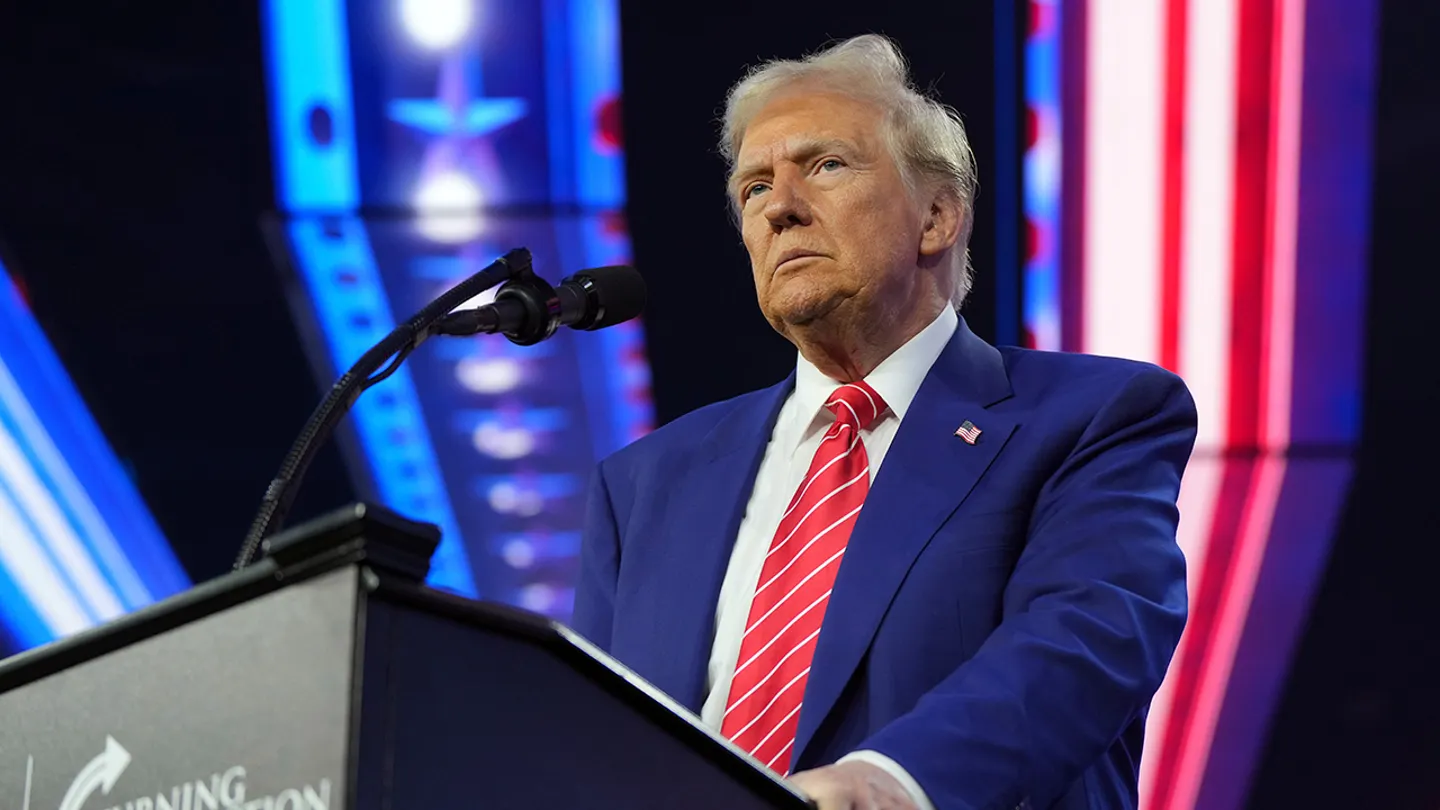The brief, filed “supporting neither party,” comes just weeks ahead of the Supreme Court’s oral arguments on January 10, 2025, regarding a law that mandates divestment of TikTok from foreign adversary control.
HOUSE CHINA COMMITTEE CHAIR CALLS TIKTOK DIVESTMENT A POTENTIAL ‘DEAL OF THE CENTURY’ FOR TRUMP
TikTok, owned by ByteDance—a Beijing-based company with ties to the Chinese Communist Party—faces significant scrutiny in the United States.
“President Donald J. Trump has filed an amicus brief in the U.S. Supreme Court, urging the Court to extend the deadline for TikTok’s imminent shutdown. This extension would allow President Trump the chance to resolve the matter in a way that protects American national security while preserving TikTok, once he resumes office as President of the United States on January 20, 2025,” said Steven Cheung, Trump’s spokesman and incoming White House Communications Director, in a statement to Fox News Digital.
The brief emphasizes Trump’s position, stating: “President Donald J. Trump (‘President Trump’) is the 45th and soon-to-be 47th President of the United States. On January 20, 2025, President Trump will take responsibility for the nation’s national security, foreign policy, and other critical executive functions.”
Trump argues that the case represents “an unprecedented and complex tension between free speech rights and national security and foreign policy concerns.” As the incoming Chief Executive, he asserts, he has a “unique constitutional role” to address these issues through political means.
The brief highlights Trump’s specific interest in the First Amendment aspects of the case, stating: “Through his historic victory on November 5, 2024, President Trump received a strong electoral mandate to safeguard the free speech rights of all Americans—including the 170 million who use TikTok.” It emphasizes his role as the only elected official representing the entire nation alongside the Vice President.
WILL THE TRUMP ADMINISTRATION SAVE TIKTOK FROM A POSSIBLE BAN?
Trump’s position on TikTok marks a sharp turnaround, with his latest stance opposing an outright ban. He argues that his “overarching responsibility for national security and foreign policy” enables him to resolve the platform’s future through negotiation.
In a Truth Social post on September 4, 2024, Trump declared: “FOR ALL THOSE THAT WANT TO SAVE TIKTOK IN AMERICA, VOTE TRUMP!” The brief argues that his dealmaking expertise, electoral mandate, and political resolve uniquely position him to secure a resolution that addresses national security concerns while preserving the platform.
Trump’s filing also notes the critical timing of the 270-day deadline set by the new TikTok law, which expires on January 19, 2025—just one day before he is set to take office as the 47th President of the United States. “President Trump is ready to tackle this challenge head-on, drawing on his first term’s track record of historic deals and policy successes,” the brief concludes.

The legislation, enacted in the spring, mandates that ByteDance divest TikTok by January 19, 2025. If the deadline is not met, Google and Apple will be prohibited from hosting TikTok in their U.S. app stores.
In his brief, Trump argues that “this unfortunate timing interferes with the incoming President’s ability to manage U.S. foreign policy and seek a resolution that both protects national security and preserves a platform through which 170 million Americans exercise their core First Amendment rights.” The brief further criticizes the law for imposing this deadline “without identifying a compelling government interest for selecting this specific date.”
Trump also notes that the law allows for a possible 90-day extension of the deadline under certain circumstances, emphasizing the need for flexibility in addressing the issue.
JOURNALISTS AND COMMENTATORS REACT AS TRUMP JOINS TIKTOK, QUICKLY OUTPACING BIDEN WITH 10X FOLLOWERS
The Supreme Court has scheduled a special session for January 10 to hear oral arguments in the TikTok case, following an expedited timeline that positions the hearing just nine days before the January 19 deadline for TikTok’s potential ban. Under the law, the president may extend this deadline by up to 90 days if ByteDance demonstrates progress toward divestment.
In his brief, Trump argues that as the incoming President, he has a “compelling interest” in staying the statutory deadline to allow his Administration time to negotiate a resolution. “If successful, such a resolution would eliminate the need for this Court to address the historically complex First Amendment issues raised by this case under the current, highly expedited schedule,” the brief states.
Earlier this month, TikTok and ByteDance filed an emergency application with the Supreme Court, requesting a temporary block on the law’s enforcement while appealing a decision from the U.S. Court of Appeals for the District of Columbia Circuit.
TikTok’s legal team contends that the law passed earlier this year violates the First Amendment. In their Supreme Court filing, they argue that “Congress’s unprecedented attempt to single out applicants and bar them from operating one of the most significant speech platforms in this nation” raises “grave constitutional issues” that the Court is unlikely to uphold.
To address national security concerns, TikTok launched its “Project Texas” initiative last year. This $1.5 billion project, developed in collaboration with the Committee on Foreign Investment in the United States (CFIUS), creates a stand-alone U.S. version of TikTok hosted on Oracle’s U.S.-based cloud servers.
TikTok CEO Shou Zi Chew asserts that the initiative ensures U.S. user data is managed “by Americans, in America,” and is isolated from any foreign access. While Chew maintains that TikTok is not aligned with any single country, past admissions from company executives revealed that Chinese officials had access to American user data, even when U.S.-based officials did not. TikTok now claims that Project Texas has effectively resolved these concerns, safeguarding U.S. user data.
